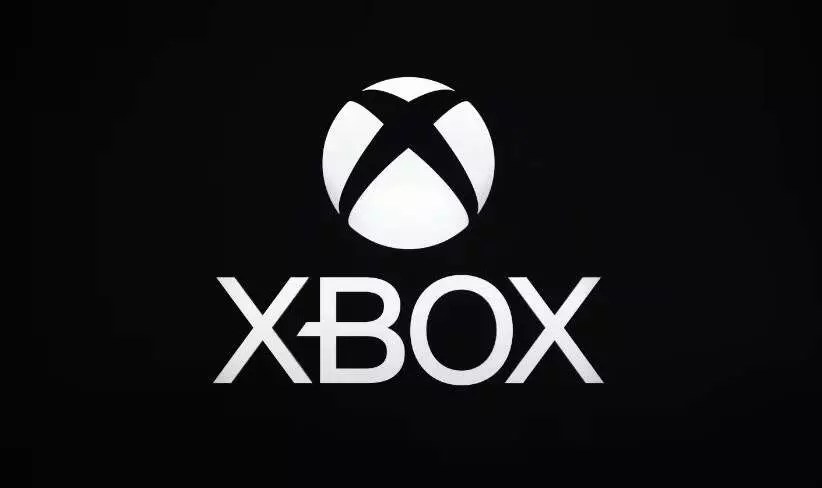The landscape of video gaming is at a significant crossroads. According to Phil Spencer, CEO of Microsoft Gaming, the traditional console market is stagnating, revealing a paradigm shift in how gaming experiences are delivered. This insight, shared during an interview with *Rolling Stone*, underscores the dwindling growth of sales across the major console makers—Xbox, PlayStation, and Nintendo. Spencer’s observations suggest that the future of gaming lies not solely in dedicated hardware but in diversified platforms that embrace mobility and accessibility.
Spencer emphasized that the very essence of Xbox is evolving. No longer confined to a physical console, the Xbox brand is expanding into multiple ecosystems, where gaming can thrive on PCs, mobile devices, and cloud services. The idea of accessibility resonates strongly in today’s gaming culture, where players expect to enjoy their favorite titles anywhere and anytime. This approach ensures that Microsoft is not merely abandoning game consoles but redefining their relevance in a world that constantly seeks innovation and flexibility.
Despite Spencer’s assertions that more consoles will be developed, he hinted that Xbox’s forthcoming devices will focus on enhancing connectivity and experience rather than simply upgrading hardware. The implications are clear: future devices may integrate gameplay into various formats, possibly hinting at an anticipated handheld option still in development. This foresight into technology represents a departure from previous generations’ hallmark specialty, where each new console promised unparalleled graphical and performance advancements.
Critically, Spencer dismissed the notion of incremental upgrades, as seen with competitors like Sony’s PS5 Pro. He argued that mere hardware improvements no longer guarantee a significantly enhanced gaming experience. Instead, the focus should shift toward creating captivating worlds and characters that resonate with players. In a time when the barriers between traditional and modern gaming continue to blur, the emphasis on narrative and interaction over sheer processing power could shape future gaming methodologies.
This philosophy aligns with Spencer’s belief that the experience itself should transcend any single gaming device. Xbox branding has transitioned from being a corporate label on a physical console to a multidimensional platform invigorated by a variety of devices. This transition reflects a wider trend within the industry: games are becoming larger entities—not merely confined to hardware but available across myriad technologies.
Understanding the fragility of modern gaming communities, Spencer admits that some audiences still cherish the simplicity offered by a singular console. Yet, this perspective may become obsolete as gamers increasingly seek integrated connections across their digital lives. By making Xbox accessible on phones, televisions, and numerous other devices, Microsoft recognizes the demands of a diverse gaming clientele seeking convenience without compromise.
Spencer’s insights reveal a bold vision for the future of gaming. As the digital landscape continues to evolve, the importance of adaptability and expansive reach cannot be overstated. The next chapter for Xbox promises a comprehensive gaming ecosystem that prioritizes engaging gameplay experiences while embracing the dynamic environment of modern technology. Rather than being tethered to a traditional console, the future of gaming lies in the infinite possibilities offered by a versatile platform.


Leave a Reply